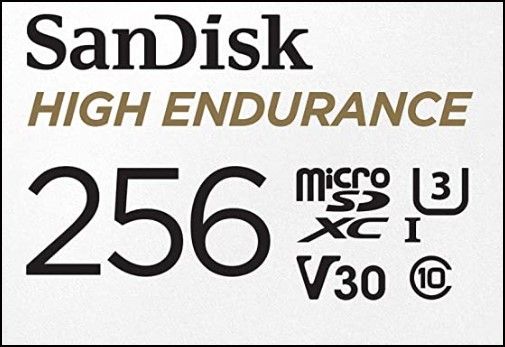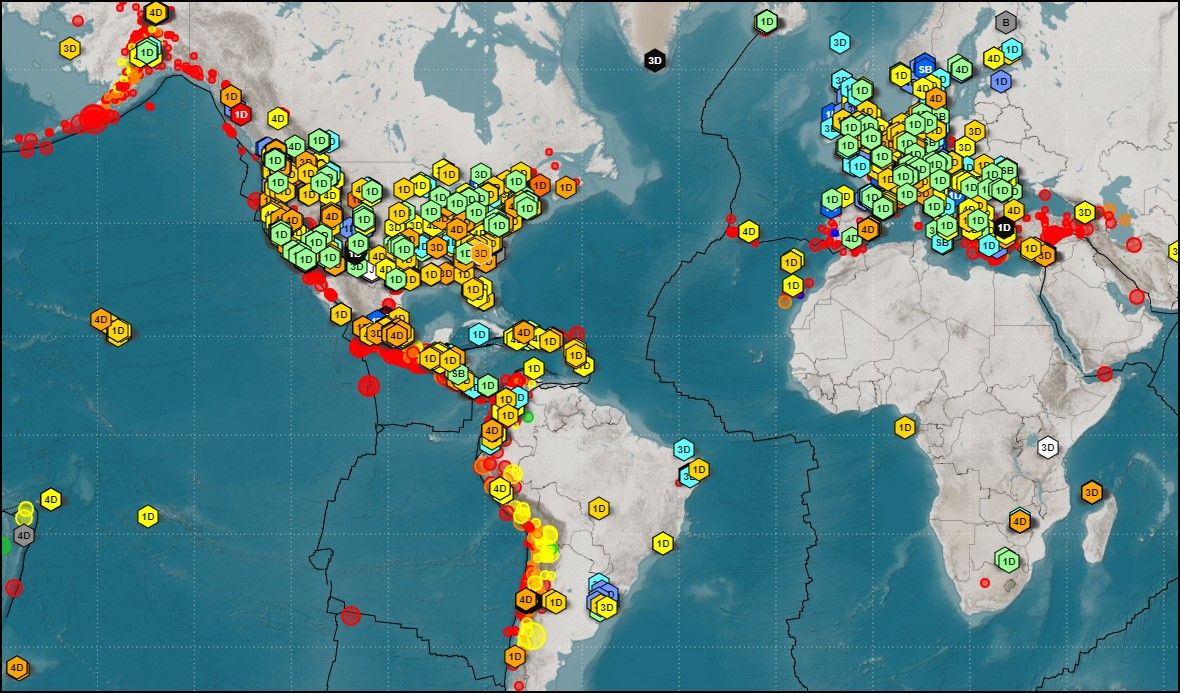Read the statement by Michael Teeuw here.
SSD vs Old School Spinning Platter
-
@mumblebaj faster the better.
-
@mumblebaj Not qualified to answer but will piggyback a comment about an issue that I got into in a year or so back as it relates to these microsd cards.
About a year ago I bought a kit from Raspberry Shake and they wanted to sell me a microSD Card that had their logo on it but amounted to an industrial grade microSD Card. I got curious about the cards because they can be significantly higher priced than a consumer grade card. I came away from that dive down the rabbit hole that they undergo a much more harsh testing/qualification regime than what you would find at your local electronics store.
They are oriented towards industrial applications that might see significant vibration and/or temperature extremes.This is what I bought and for where I have that earthquake detector it is probably extreme overkill but better safe than sorry.

If you are curious about things Raspberry Pi’s get used for every hexagon on the below picture represents a Pi being used as an earthquake detector.
When the Tonga volcano exploded you could see how tremors traveled, worldwide.
-
@sdetweil said in SSD vs Old School Spinning Platter:
@ankonaskiff17 so. ssd technology is write once memory. once that bit is written, it cannot be written again.
Uh, no. The cells that contain the bits do wear out over time, calculated in Total Bytes Written, but they are re-writeable. Writing and rewriting those bits causes wear. And the SSD has some overhead to let you maintain the listed capacity over time. But it is a read/write technology.
There are some write-once SSDs on the market, but you have to specifically purchase them. The few that I found are Windows-only.
How Solid State Drives Work
